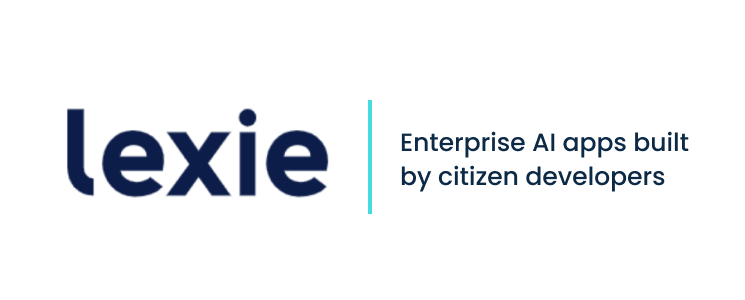News and Blogs
AI Reasoning: Balancing Generality and Reliability
In the ever-evolving landscape of artificial intelligence, the potential for transformative impact is monumental. According to Goldman Sachs, AI has the potential to exert a staggering $7 trillion influence on the global GDP. However, as AI rapidly advances, a new challenge emerges: the delicate balance between generality and reliability in AI reasoning.
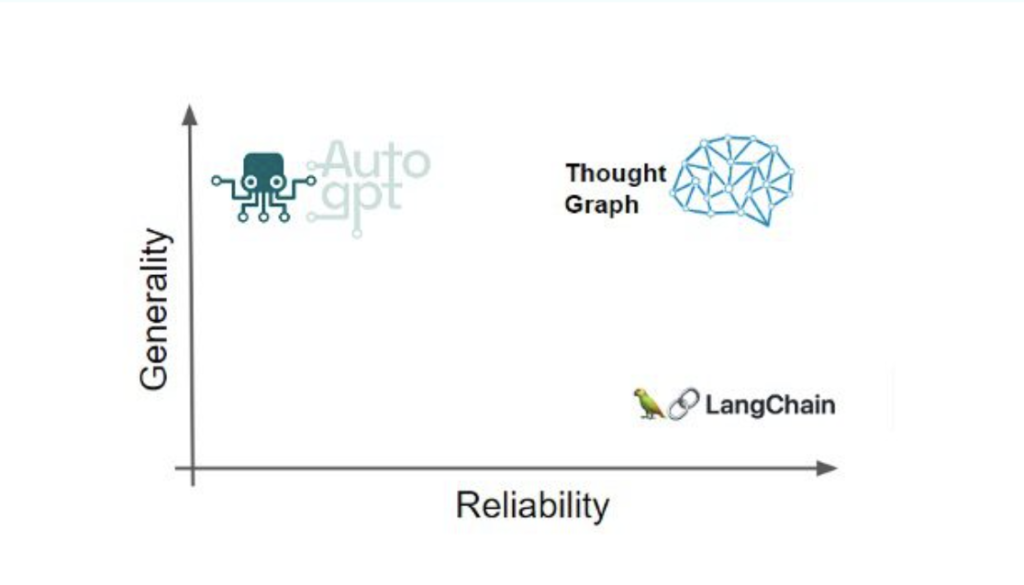

AI Reasoning: Balancing Generality and Reliability
In the ever-evolving landscape of artificial intelligence, the potential for transformative impact is monumental. According to Goldman Sachs, AI has the potential to exert a staggering $7 trillion influence on the global GDP. However, as AI rapidly advances, a new challenge emerges: the delicate balance between generality and reliability in AI reasoning.
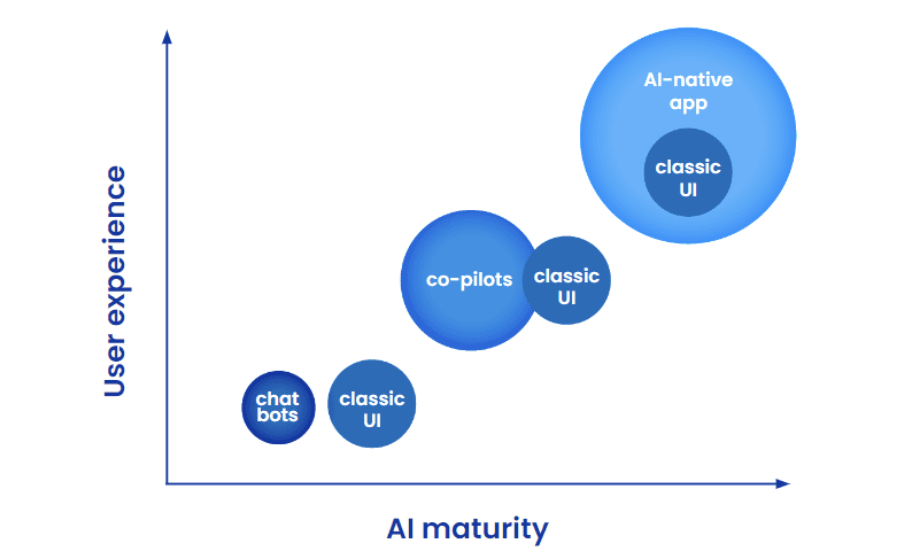
Revolutionizing User Experience with AI
“Generative AI is just a phase. What’s next is interactive AI” said Mustafa Suleyman, the co-founder of Google’s DeepMind.
Natural Language Code Revolution – AI Leading the Way for Citizen Developers.
In 2017, Jensen Huan, CEO of NVIDIA, stirred up the tech world with his statement about “AI eating the software.” In recent years, AI code generation has gained significant traction, with OpenAI’s custom GPTs leading the way.
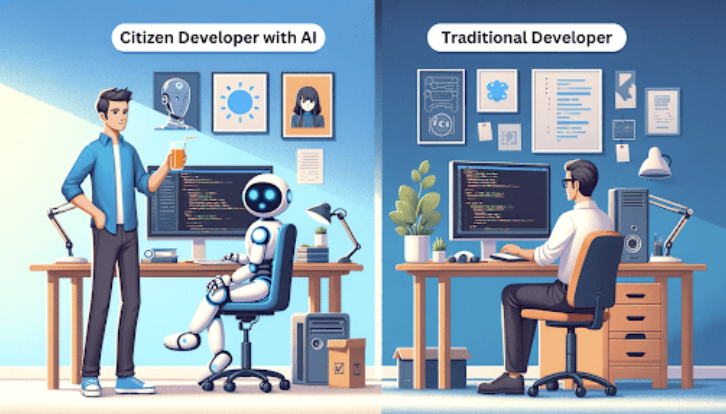

Natural Language Code Revolution – AI Leading the Way for Citizen Developers.
In 2017, Jensen Huan, CEO of NVIDIA, stirred up the tech world with his statement about “AI eating the software.” In recent years, AI code generation has gained significant traction, with OpenAI’s custom GPTs leading the way.
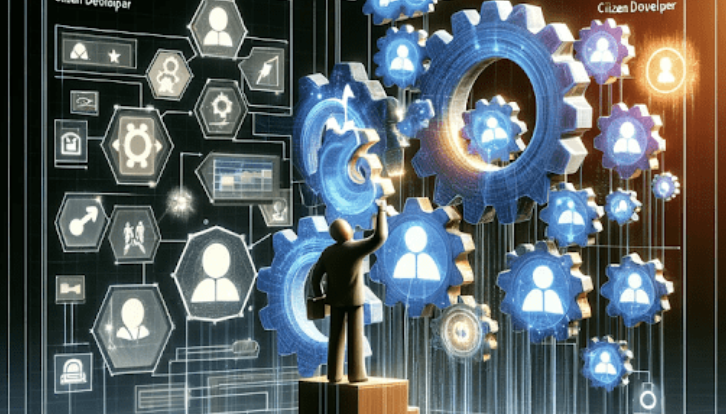
Thought Graph and Visitor Workflow Model
The AI transformation is a tangible reality now, and the pressing challenge is to democratize the power of AI for all, not exclusively for tech specialists. Over the last three years, our team at Lexie.ai has been dedicated to developing ‘Thought Graph’—an AI-native programming framework. This framework is grounded in the innovative “Visitor Workflow Model,” which we will explore in depth in this and subsequent blog posts.
AI SDRs are Falling Short - Here's How to Leverage AI to Transform Your Sales Organization
Every day, it seems like a new AI SDR company emerges. My colleagues and I often joke about how unusual it is when a day goes by without encountering a new one. At Lexie.ai, we’ve developed technology to build, deploy, and monetize AI agents, and many of our customers have deployed AI agents for sales and sales enablement. These AI agents significantly enhance the productivity of sales orgs. We believe AI cannot fully replace SDRs but can augment them. Our customers have their SDRs focus on higher-level tasks while AI agents automates the mundane tasks.
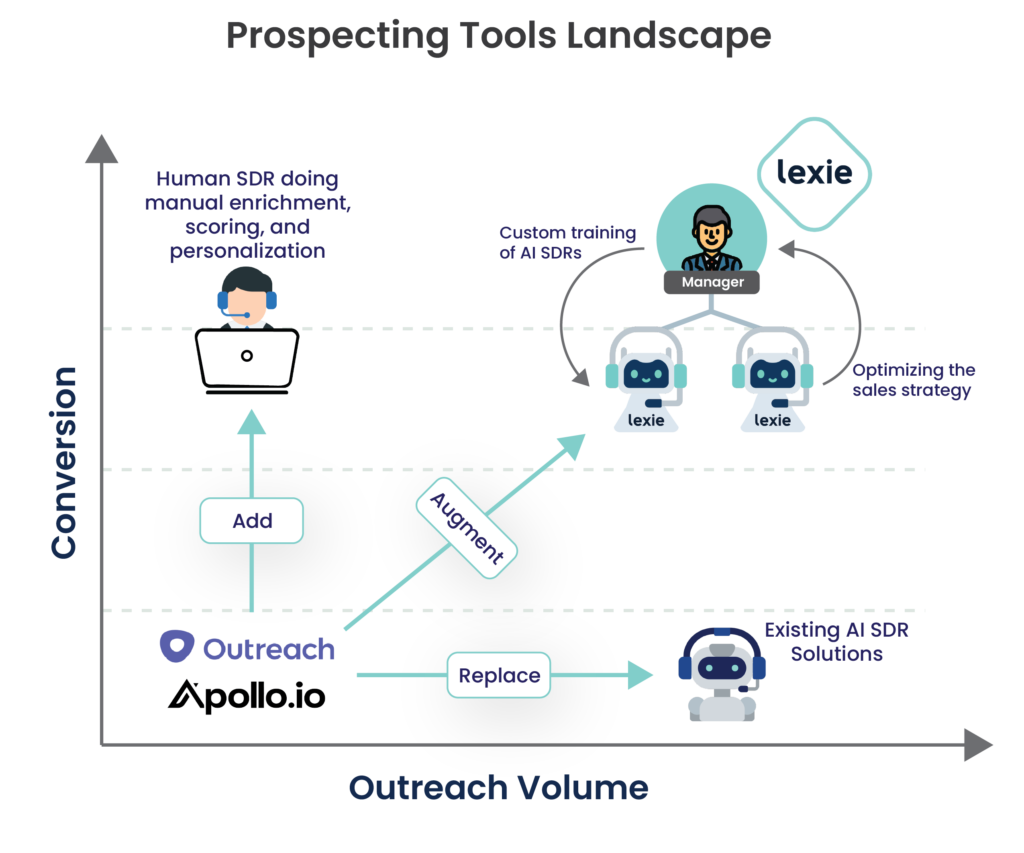

AI SDRs are Falling Short - Here's How to Leverage AI to Transform Your Sales Organization
Every day, it seems like a new AI SDR company emerges. My colleagues and I often joke about how unusual it is when a day goes by without encountering a new one. At Lexie.ai, we’ve developed technology to build, deploy, and monetize AI agents, and many of our customers have deployed AI agents for sales and sales enablement. These AI agents significantly enhance the productivity of sales orgs. We believe AI cannot fully replace SDRs but can augment them. Our customers have their SDRs focus on higher-level tasks while AI agents automates the mundane tasks.
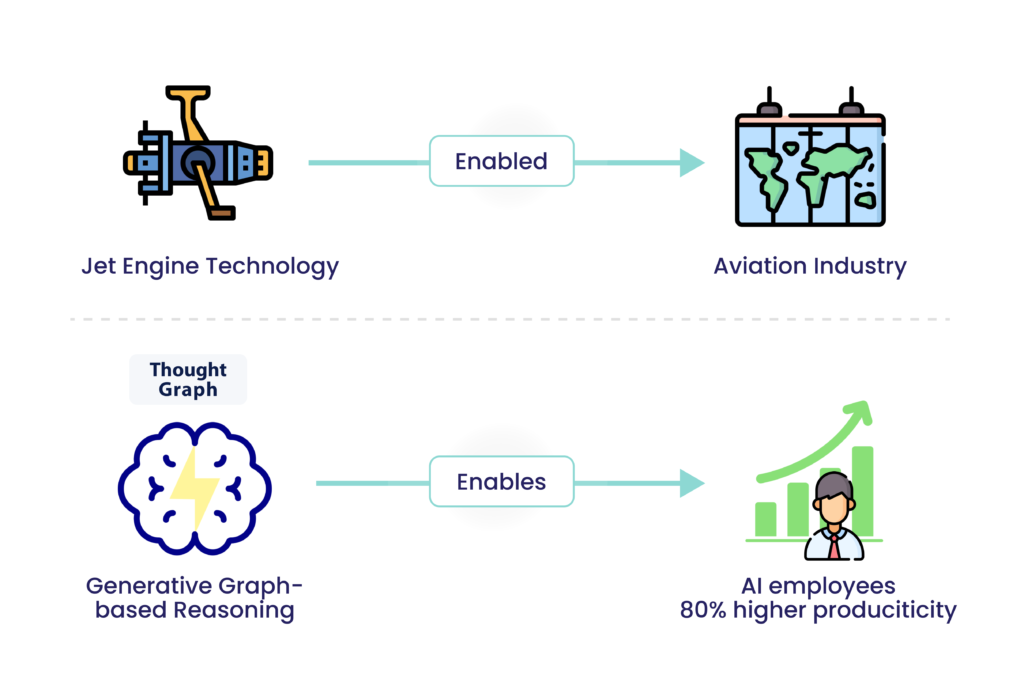
Lexie: A Jet Engine for Automation
The aviation industry provides a compelling analogy for how technological innovation can revolutionize an entire market. In 2023, the global aviation market was valued at approximately $350 billion, with growth projected to reach over $543 billion by 2032. This transformation was made possible by the invention of the jet engine, which allowed for greater speed, efficiency, and the capacity to carry more passengers, fundamentally changing commercial and military aviation.
Reviewing Menlo Ventures’ Take on AI Agents and Why a New Architecture is Essential for 80%+ Automation
Menlo Ventures beautifully outlines the evolving landscape of enterprise automation, focusing on the critical role that AI agents are now playing. Their piece captures several important insights that deserve acknowledgment, especially as we consider the future trajectory of automation technology.



